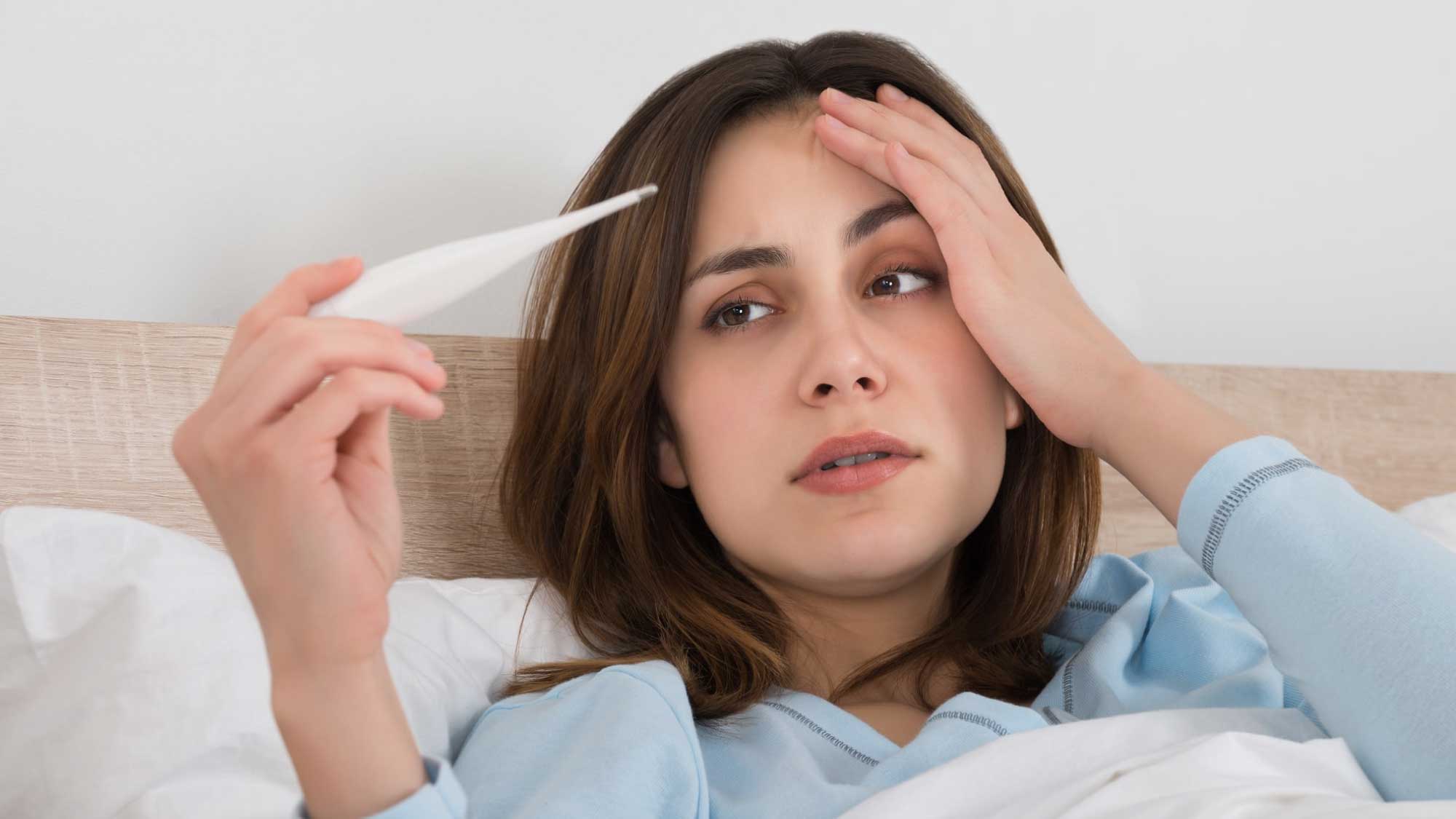As temperatures rise during the summer months, so does the risk of heat-related illnesses, including fever. While fever is often associated with infections, summer fever can also result from dehydration, excessive heat exposure, or mosquito-borne diseases. At Parindhevi Hospitals, we aim to keep you informed and healthy so you can enjoy the sunny season without compromising your well-being.
What Causes Summer Fever?
Summer fever often stems from viral and bacterial infections that are more common during warmer months. The environment, with its higher humidity and stagnant water, encourages the spread of mosquitoes, which carry diseases like dengue, malaria, and chikungunya.
Along with infections, prolonged exposure to heat can lead to heat exhaustion, causing symptoms like dizziness, fatigue, and an elevated body temperature that resemble fever.
Symptoms of Summer Fever
The symptoms of summer fever can vary depending on the underlying cause. Common signs include:
- High body temperature: A fever typically above 100.4°F (38°C).
- Fatigue: Feeling unusually tired or weak.
- Headache: Often linked to dehydration or an infection.
- Muscle aches: These may appear with viral or bacterial infections.
- Chills and sweating: Common with diseases like malaria or dengue.
- Dehydration: Increased thirst, dry mouth, and reduced urination.

If you experience these symptoms, seek medical attention immediately to determine the cause and receive appropriate treatment.
How to Prevent Summer Fever
While you can’t eliminate the risk of infections, you can take steps to reduce your chances of developing summer fever. Parindhevi Hospitals recommends these tips:
- Stay Hydrated: The heat causes your body to lose fluids quickly. Drink plenty of water throughout the day to stay hydrated and help regulate your body temperature.
- Avoid Direct Sun Exposure: Stay indoors during the hottest part of the day, typically from 10 a.m. to 4 p.m. If you must go outside, wear loose-fitting, light-colored clothing, and apply sunscreen to protect your skin.
- Use Mosquito Protection: In areas with high mosquito activity, use insect repellent and sleep under a mosquito net, especially in the evening and early morning when mosquitoes are most active.
- Keep Your Environment Clean: Stagnant water in containers breeds mosquitoes. Regularly clean and empty places where water accumulates, like flower pots, bird baths, and gutters.
- Avoid Overexertion: Physical activity can raise your body temperature, so take breaks and avoid strenuous exercise during peak heat hours.

When to See a Doctor at Parindhevi Hospitals
If you or a loved one develops fever during the summer, monitor the symptoms closely. While mild fever may resolve on its own, a high or persistent fever needs medical attention. Seek care at Parindhevi Hospitals if you experience any of the following:
- A fever lasting more than 2-3 days.
- Severe headache or body aches.
- Difficulty breathing or chest pain.
- Vomiting, diarrhea, or signs of dehydration (dry mouth, dizziness).
- A rash or unusual symptoms, such as muscle weakness.
Our team of doctors at Parindhevi Hospitals is ready to diagnose and treat a wide range of illnesses. We ensure that you receive the best care possible and recover quickly.
Conclusion:
Summer fever can result from infections, heat exhaustion, or dehydration. By staying hydrated, protecting yourself from mosquitoes, and being mindful of your health during hot months, you can reduce your risk of getting sick. If you suspect that you or someone you know has summer fever, visit Parindhevi Hospitals. Our specialists are here to provide expert care and help you recover.













